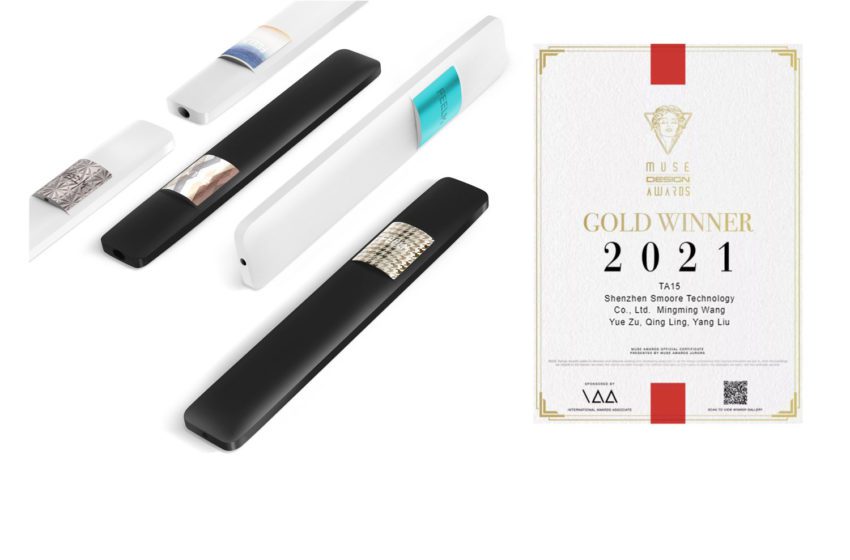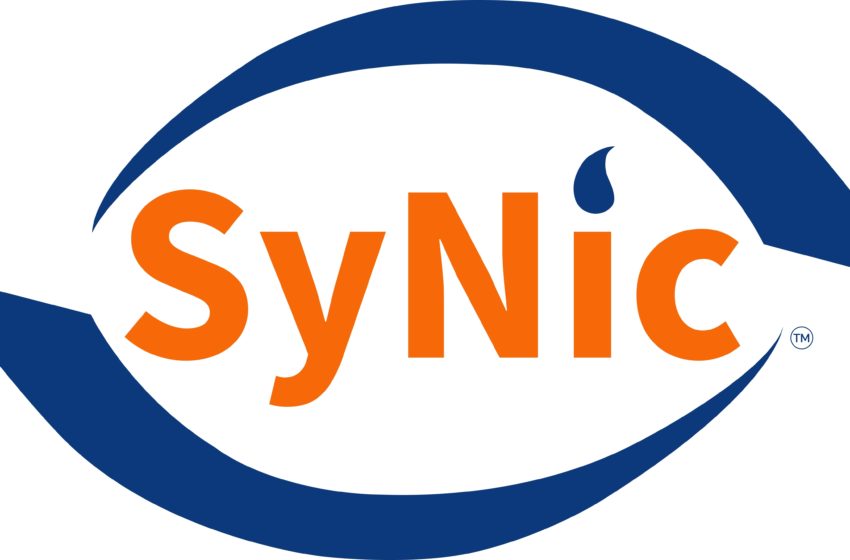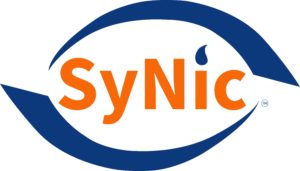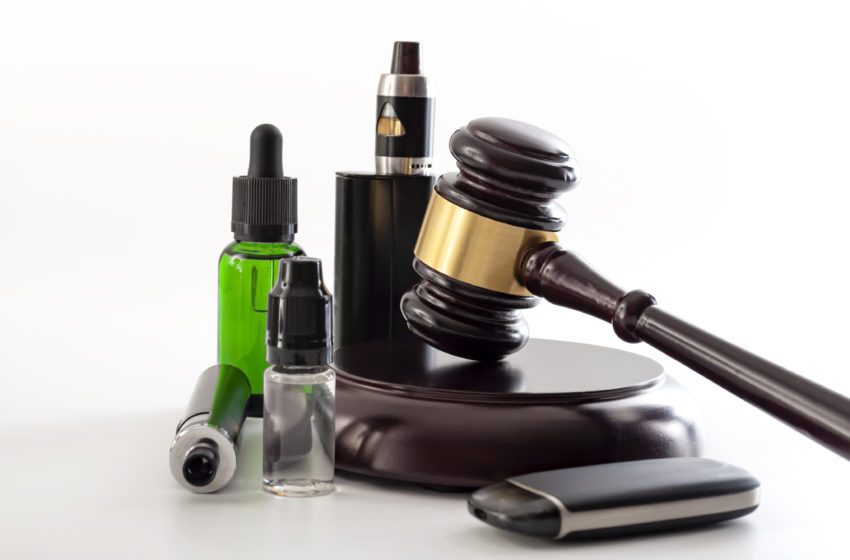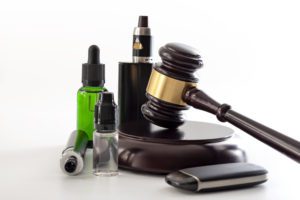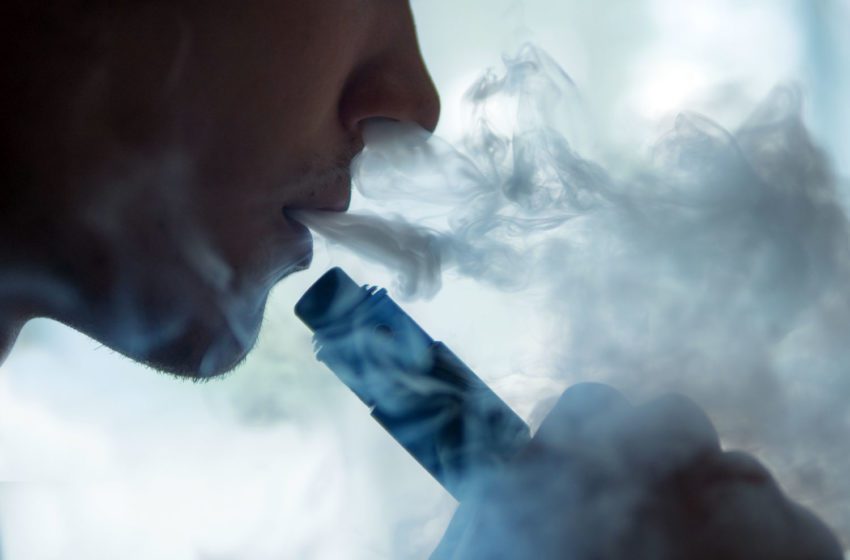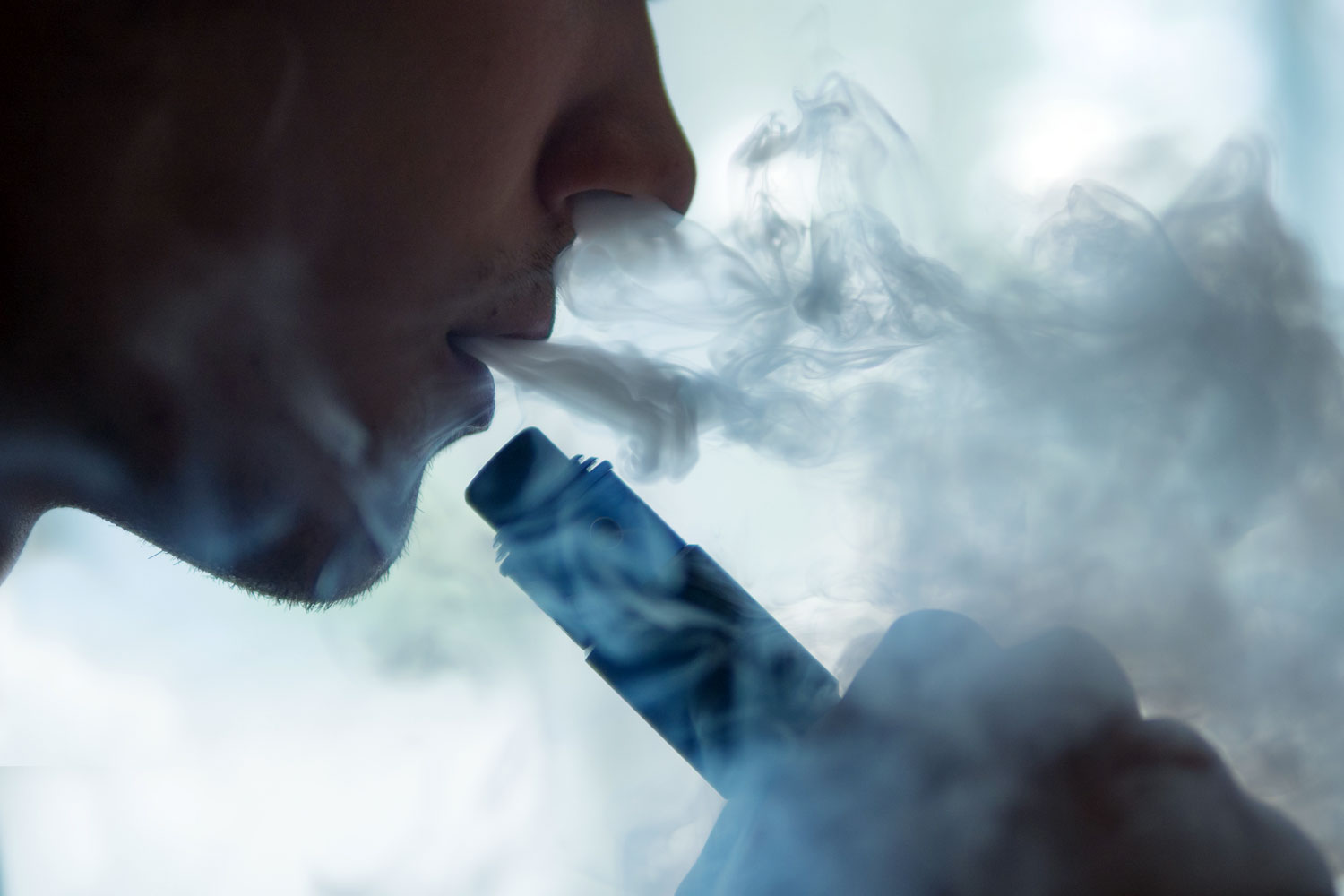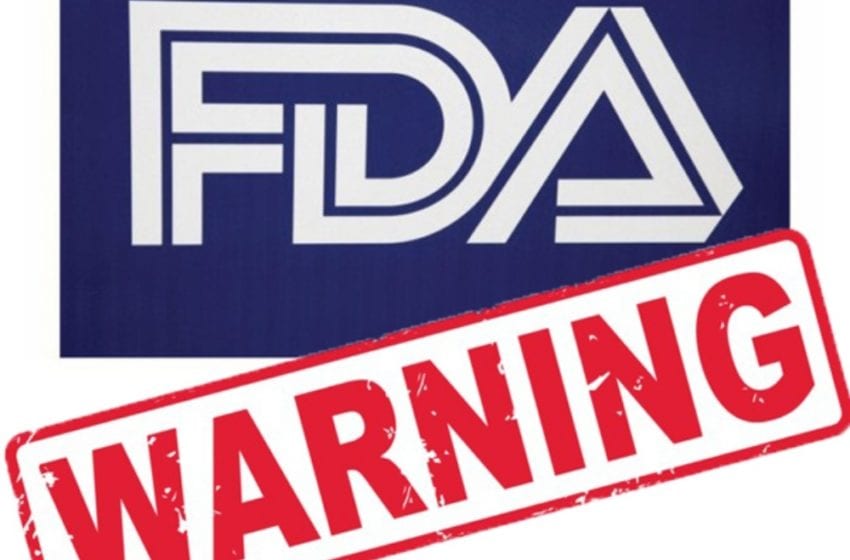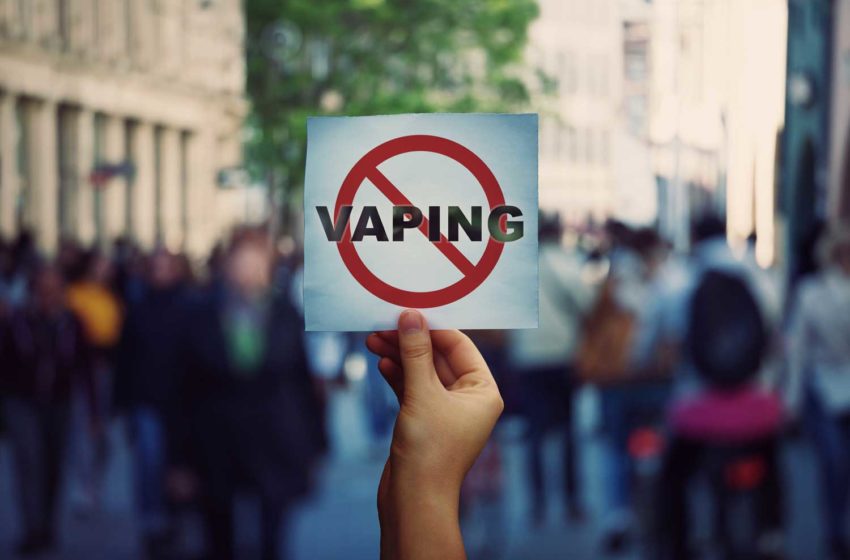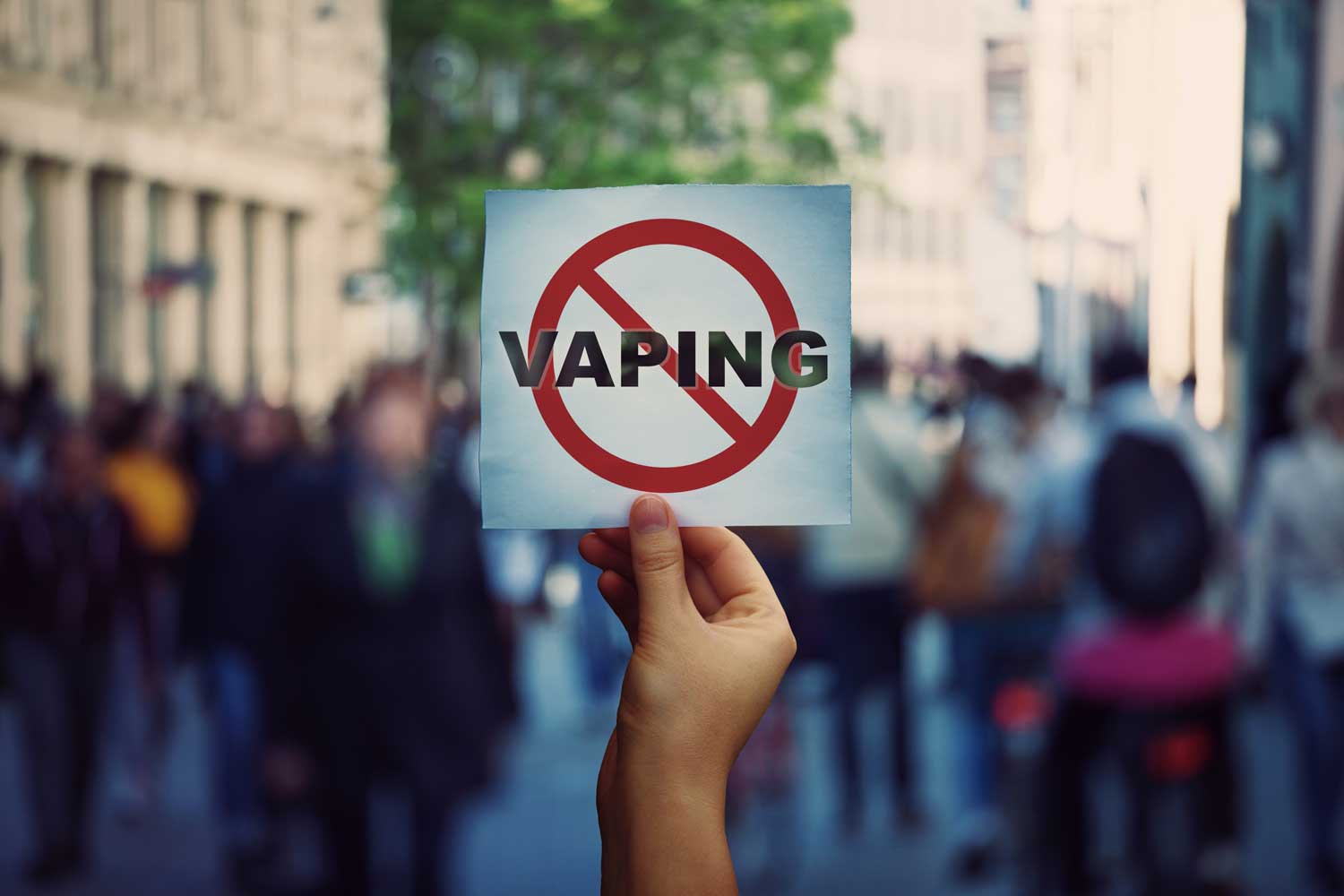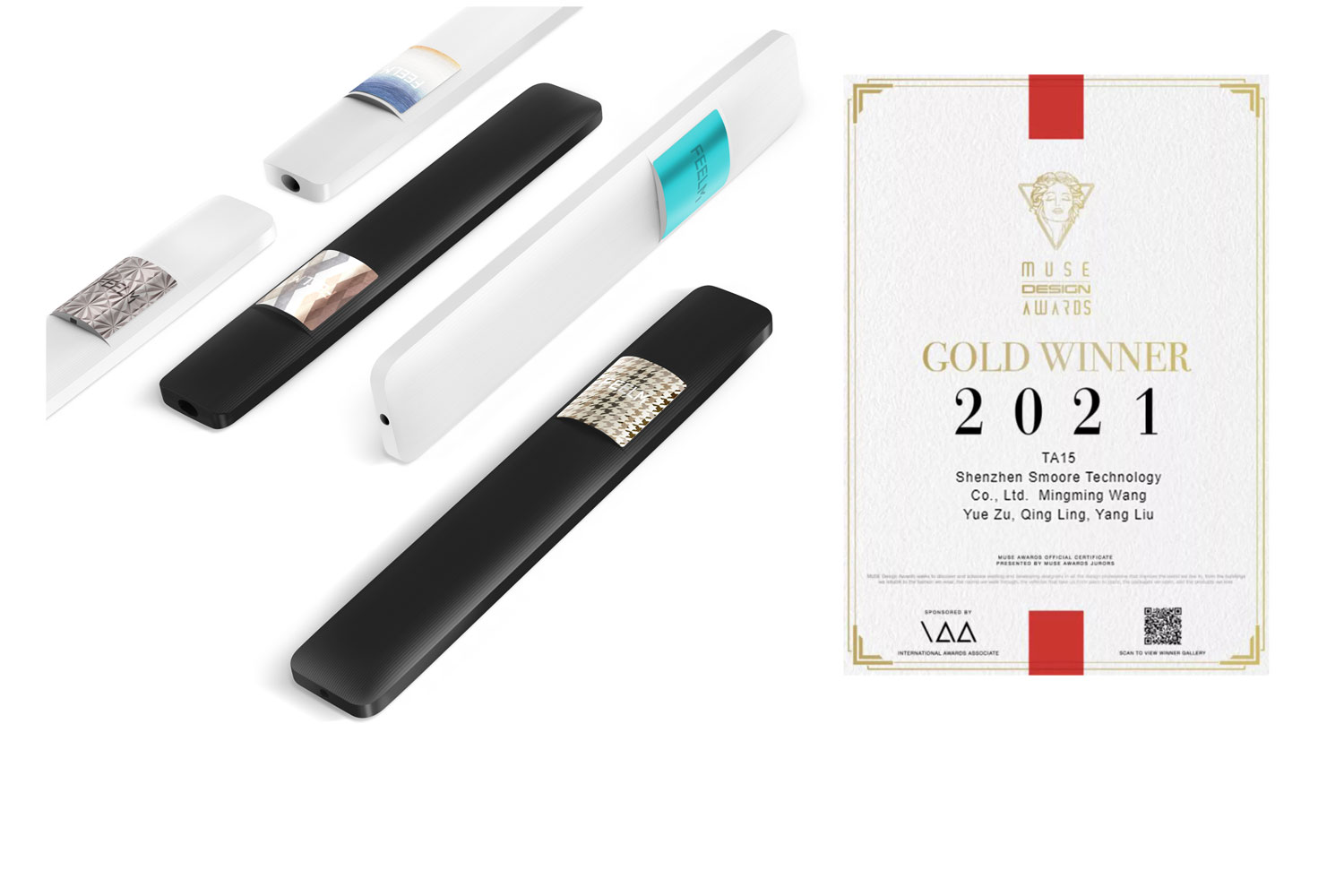
Smoore’s flagship brand, Feelm, has received a gold award in the product design category of 2021 Muse Design Awards for its ultra-slim disposable vape with ceramic coil, TA15. Feelm is the only brand winning a 2021 Muse Design Award in the atomization field. The Muse Design Awards is an international competition for designers whose craftsmanship leads to paradigm shifts.
As the world’s first disposable ultra-slim pod product equipped with ceramic coil, TA 15 marks the opening of a new ceramic era of disposable vapes, according to Smoore. The Feelm atomization coil inside TA 15 guarantees low power consumption, a stronger vapor and a stable vaping experience. Despite its ultra-slim body, TA15 offers over 300 puffs.
Moreover, TA15 adopts an anti-condensation structure to control the dynamic condition of e-liquid, minimizing leakage and offering a premium user experience.
The slightly arc surface wraps the inner structure compactly forming a 7.5 mm thinnest body. The vertically textured surface makes it comfortable to hold and resists fingerprints. The raised part of TA 15 prevents the mouthpiece from contact with desks and other surfaces for hygiene. It also features a concealed air inlet.
Meanwhile, the highlighted “pixel block” is actually a metal sticker, whose color is changed with flavors and supports customization.
By virtue of unique design and innovation technology, this product has effectively solved the industry’s pain point of leakage without a silicone plug, according to Smoore. Thanks to a breakthrough in materials and structural science, there’s no burnt taste, offering more delicate vapor and purer taste.
“I always put users first and attempt to deeply understand and explore their potential needs,” said Qing Ling, ID Designer of TA15, in a statement. “Driven by design thinking, we combine practicability and minimalism, highlighting the performance of our ceramic coil while making other parts as thin as possible.”
The Muse Design Awards is a part of the Muse Awards Program, which was created by the International Awards Associate (IAA) in 2015. IAA’s aims to honor, promote and encourage creativity by providing a new standard of excellence for evaluating media design production and distribution.

